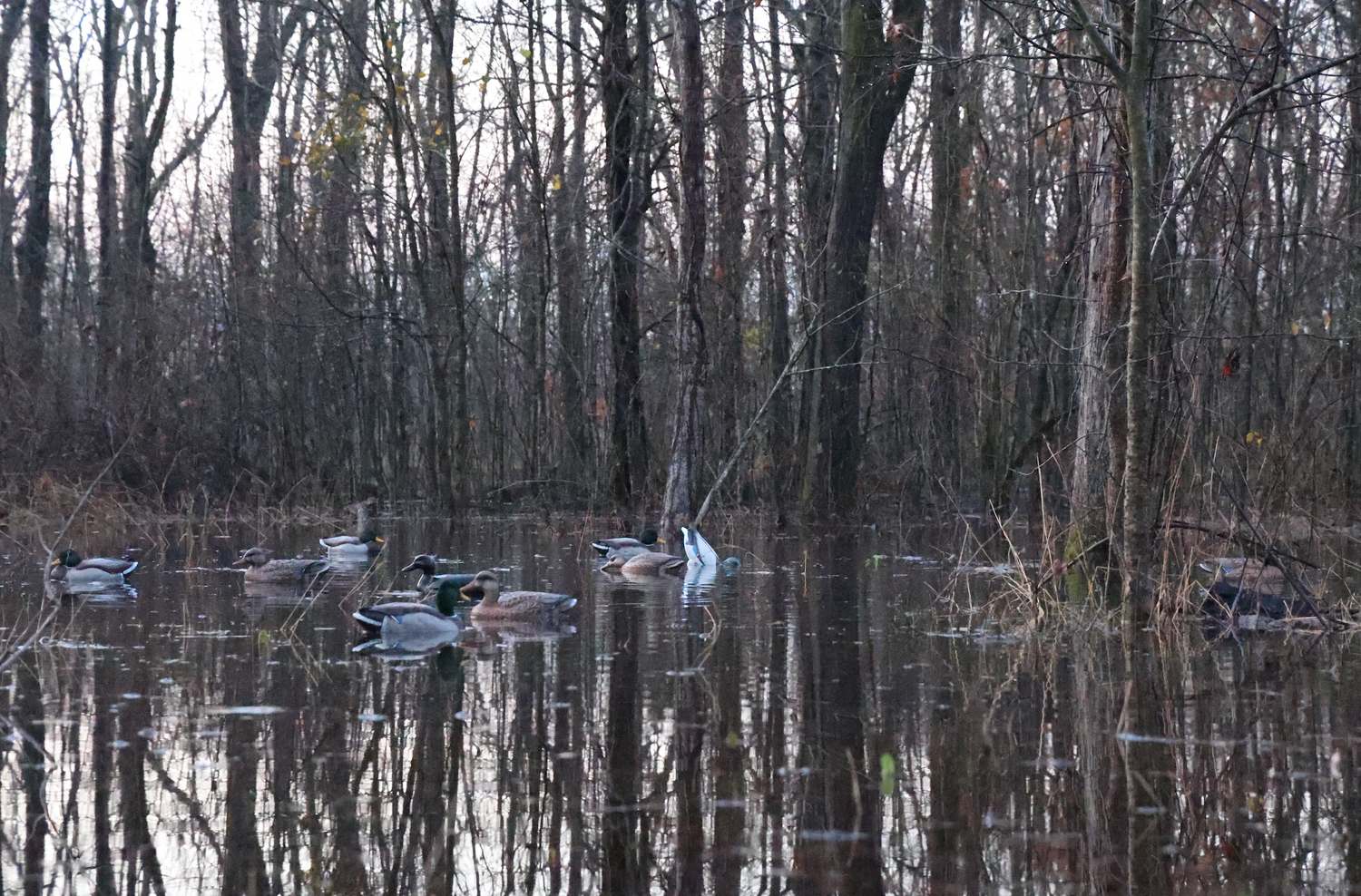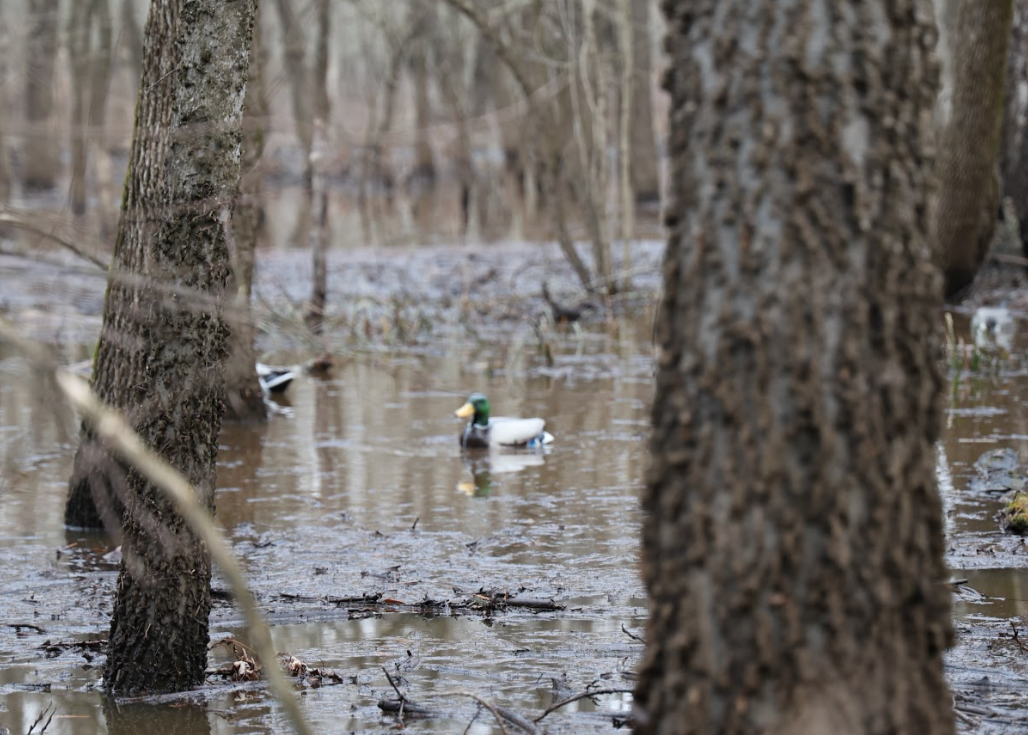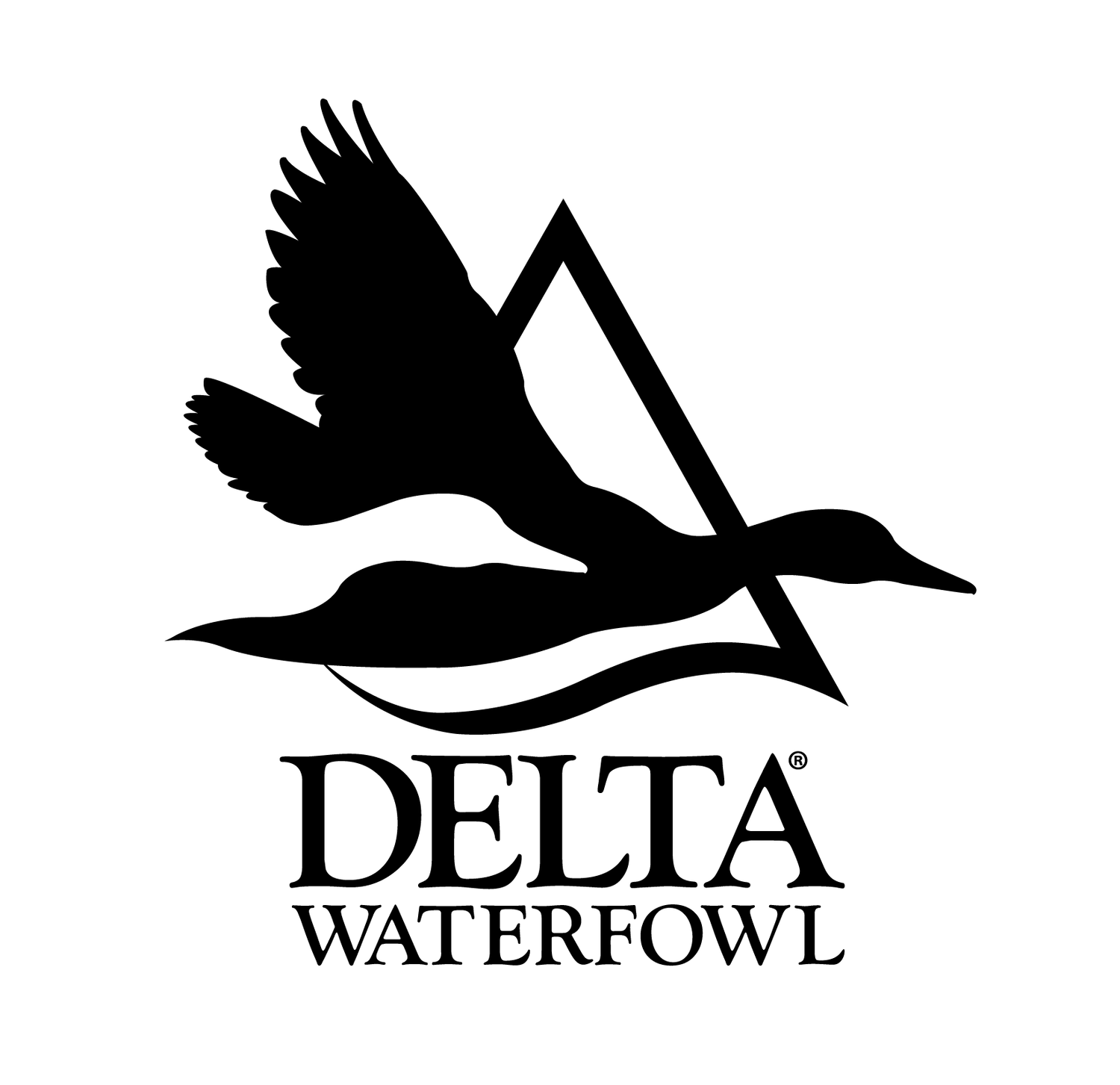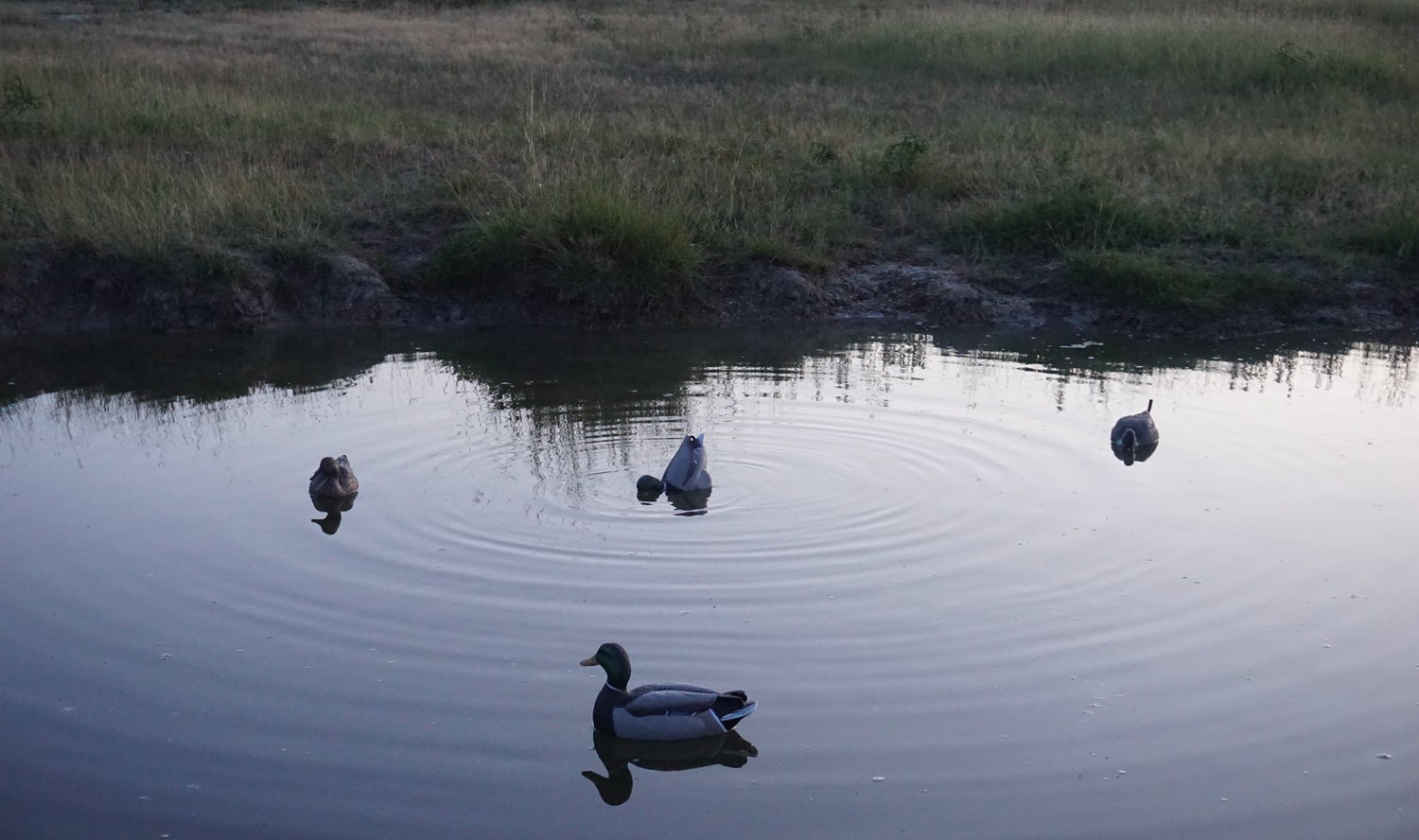
Impact
We firmly believe that if we want to continue the tradition of hunting for future generations we need to put the same amount of time and money in protecting it. If not more, than we currently do.
Purpose over plastic, why deliver a net benefit?
Lets face it, as stewards of the wild and ensuring the longevity of generations to come not just for duck hunting but for life in general, we have to take care of the environment. From recycling aluminum cans, picking up shells after a hunt, to composting a carrot top, it all adds up in the long run. We firmly believe that if we want to continue the tradition of hunting for future generations to come we need to put the same amount of time and money in protecting it, if not more, than we do using it. For every piece of trash you create, pick up five. We truly encourage you to take a walk around your nearest watershed - lake, river, beach, pond, creek, etc.; and look at the amount of trash that is there. Imagine at scale the trash not just in that small creek, or on that strip of the ocean but all across the world being swept into the ocean and our water system. Then think about the impact of it occurring in less developed countries where there is no waste removal infrastructure - India, Indonesia, Africa, Latin America

We firmly believe that if we want to continue the tradition of hunting for future generations we need to put the same amount of time and money in protecting it. If not more, than we currently do. For every piece of trash you create, pick up five. In producing a plastic product that creates a ton of byproduct waste - batteries, packaging, plastics, transportation emissions; all at scale. We want to ensure we have as minimal of an environmental impact as possible.
How do we deliver a net-benefit impact?
We donate $10 from every decoy sold to partnering organizations we believe will have an everlasting impact on the environment. These organizations prioritize protecting the environment and conservation of duck habitats for generations to come. Such as wetland conservation, predator control, nesting programs, and habitat protection. Some might not be directly related to waterfowl however they have an indirect positive impact on waterfowl as well such as plastic clean up, watershed protection, coastal restoration, hydrology studies, etc. Through strategically partnering with these specific organizations our hope is to not only offset the impact from our own production but create change in the world from where it was before. We want to create a product that creates a positive impact on waterfowl habitat that then results in producing more ducks than killed with. We’re striving to make this goal, primarily in the hen house & predator management program, but also through habitat protection and restoration efforts.

What organizations do we partner with?
- Delta waterfowl - mission to conserve waterfowl and waterfowl hunting
- Ducks Unlimited - conserves, restores, and manages wetlands and associated habitats for North America's waterfowl.
- Stewards of the Wild - Texas Parks and Wildlife Foundation’s conservation leadership program
- Back Country Hunter & Anglers - Voice for wild public lands, waters and wildlife
- Coastal Conservation Association (CCA) - Ensure the health and conservation of our marine resources and anglers’ access to them.
- National Wild Turkey Federation - The National Wild Turkey Federation is an international non-profit organization whose mission is 'the conservation of the wild turkey and the preservation of our hunting heritage.' It currently has more than 250,000 members in the United States, Canada, Mexico and 14 other countries.
- The Ocean Cleanup - a non-profit organization, developing and scaling technologies to rid the world’s oceans of plastic.
Why watersheds, hen boxes, and ducks?
Overall though it may not be directly acknowledged, we believe that ducks could be a keystone species in indicating the overall state of the environment or climate. This can be seen in factors such as changes in their migrations that result in multiple kinds of factors - rainfall, urbanization, habitat change, windmills, flyway obstructions, their sensitive migration factors, migration depth of waterfowl species, and waterfowl numbers.
We believe that waterfowl are an overall indicator of the state of the watersheds in which afterall water is life. Without the protection of duck habitat which without the protection of watersheds and wetlands, leads to the crumbling of the overall environment.

Looking forward
We are striving to become a B Corp (Certified B Corporation), we recognize our product uses petrochemicals, and environmentally degrading products to manufacture our product. While some components are recycled or made of recycled material, we acknowledge the product is not environmentally conscious by no means. Our long term goal is to refine our products to be as environmentally conscious as possible - utilizing recycled, and biodegradable materials in as many applications as possible where applicable, partnering with factories that practice environmentally conscious operations, production methods, and fair trade practices.
Small Habits, Big Impact
At Jahpoo, we believe conservation doesn’t start in the blind—it starts in the everyday. Whether you're out in the field or just grabbing coffee, the choices you make matter.
Pick up trash when you see it, even if it’s not yours. Recycle, compost, reuse, and reduce whenever possible. Every piece of waste that doesn’t make it into a bin ends up somewhere—and too often, that’s in our rivers, wetlands, and flyways.
Ask yourself:
- Do I really need that plastic straw?
- Could I get my coffee in a mug instead of a to-go cup?
- Do you need the cold Miller Lite from the Yeti (Elite serving preference), or could you drink the draft beer & save the Yeti Cold Miller Lite for after bars close?
It’s the small stuff that adds up. Cleaner waters mean healthier habitats, for ducks, fish, dogs, and people alike.
Moral of the story, pick up your trash.
